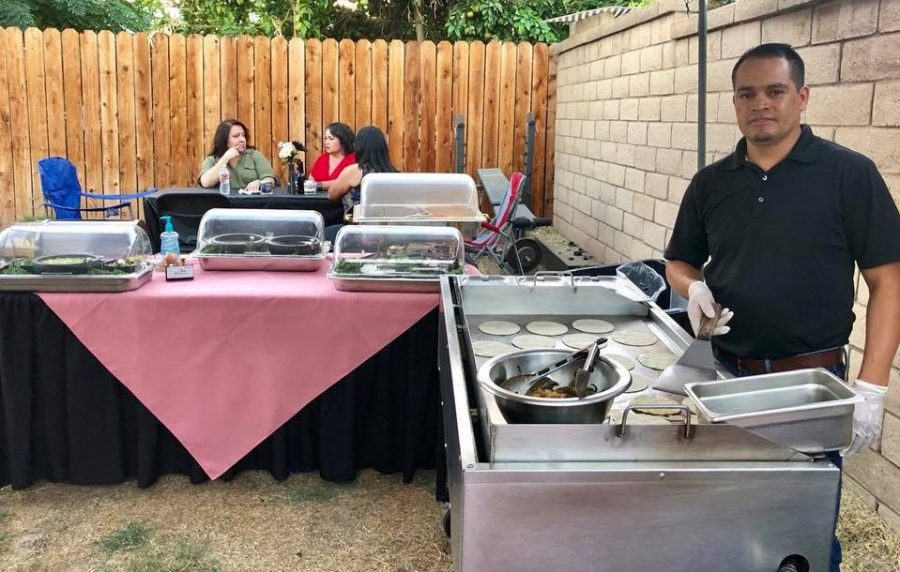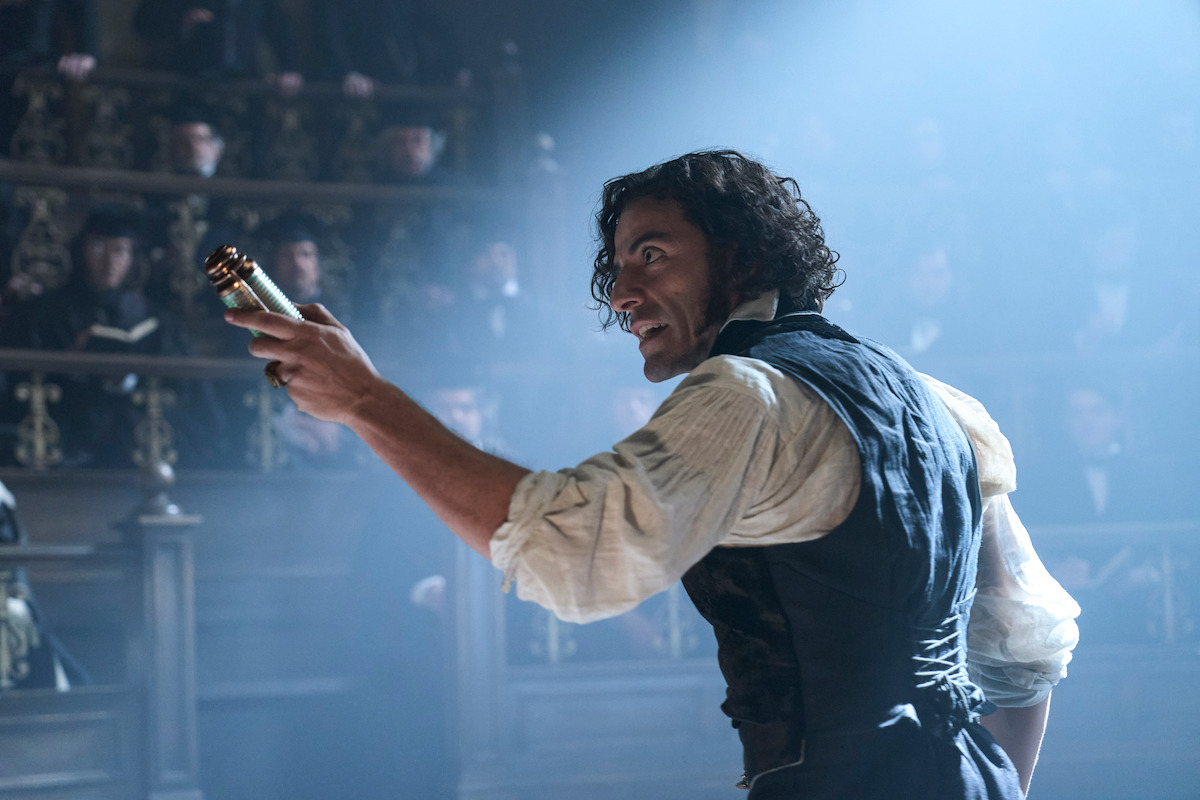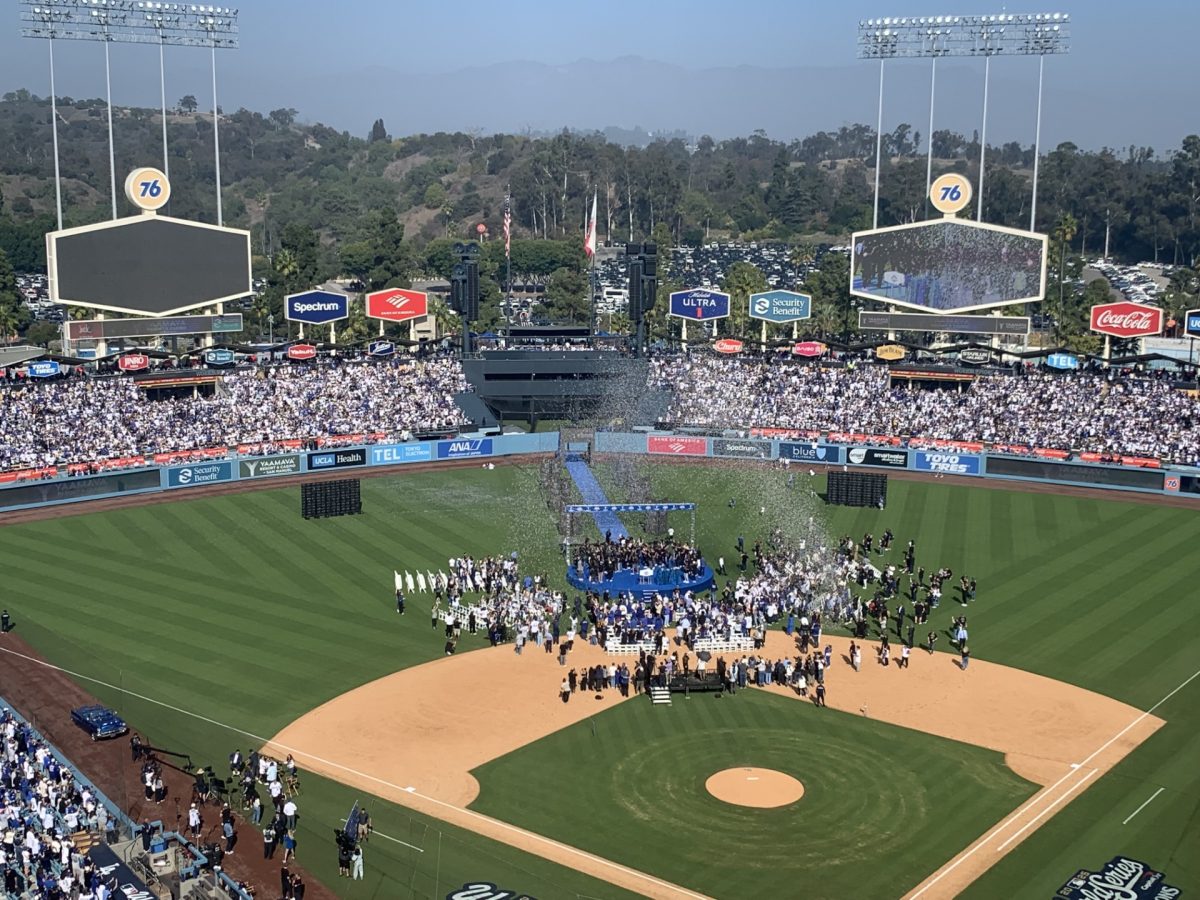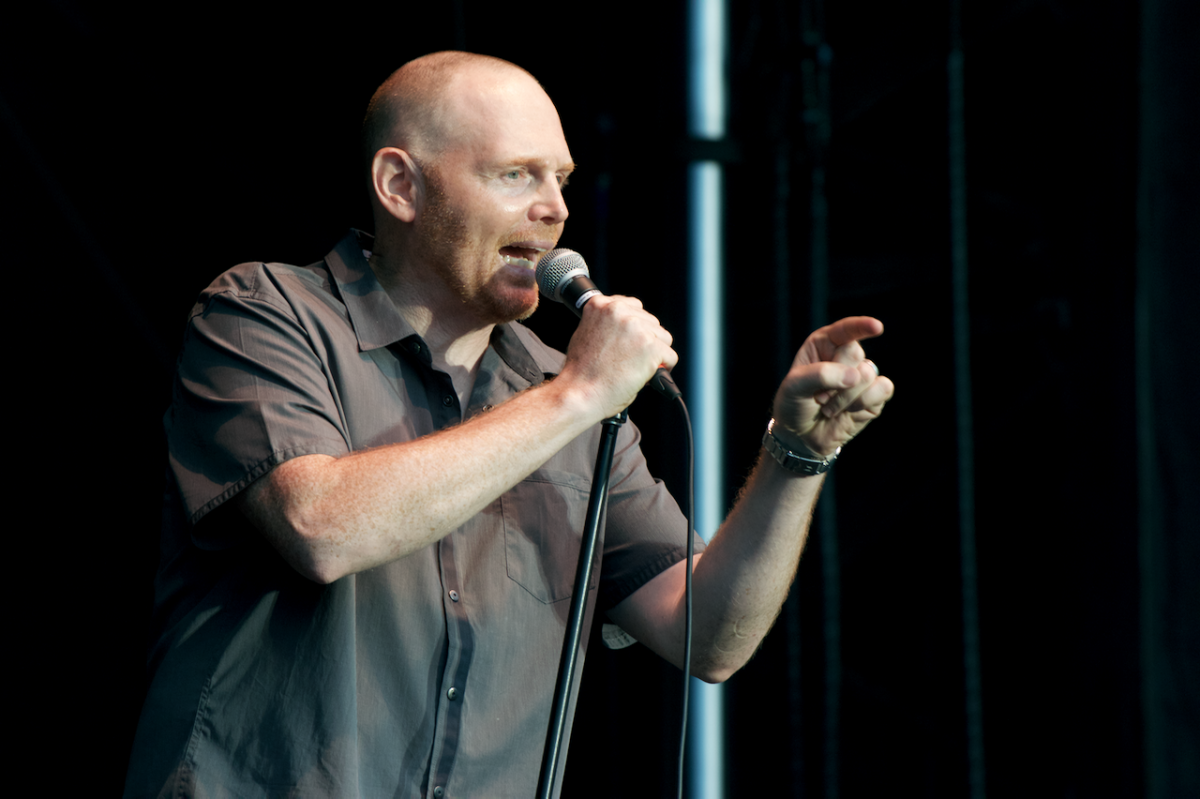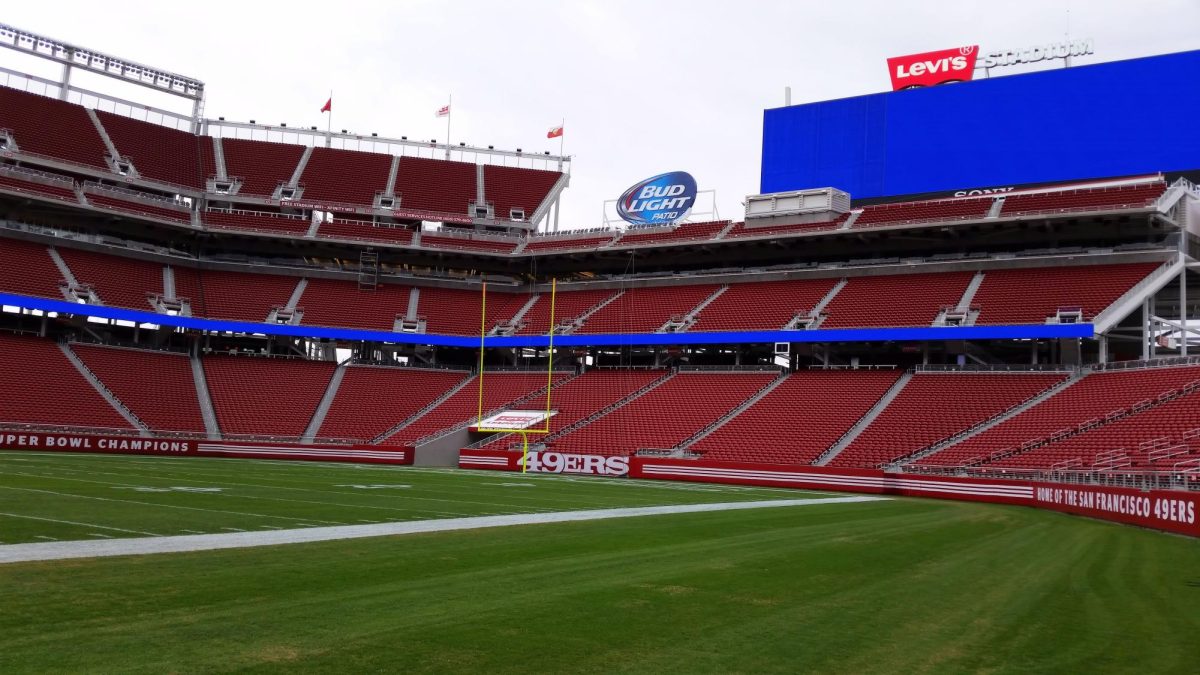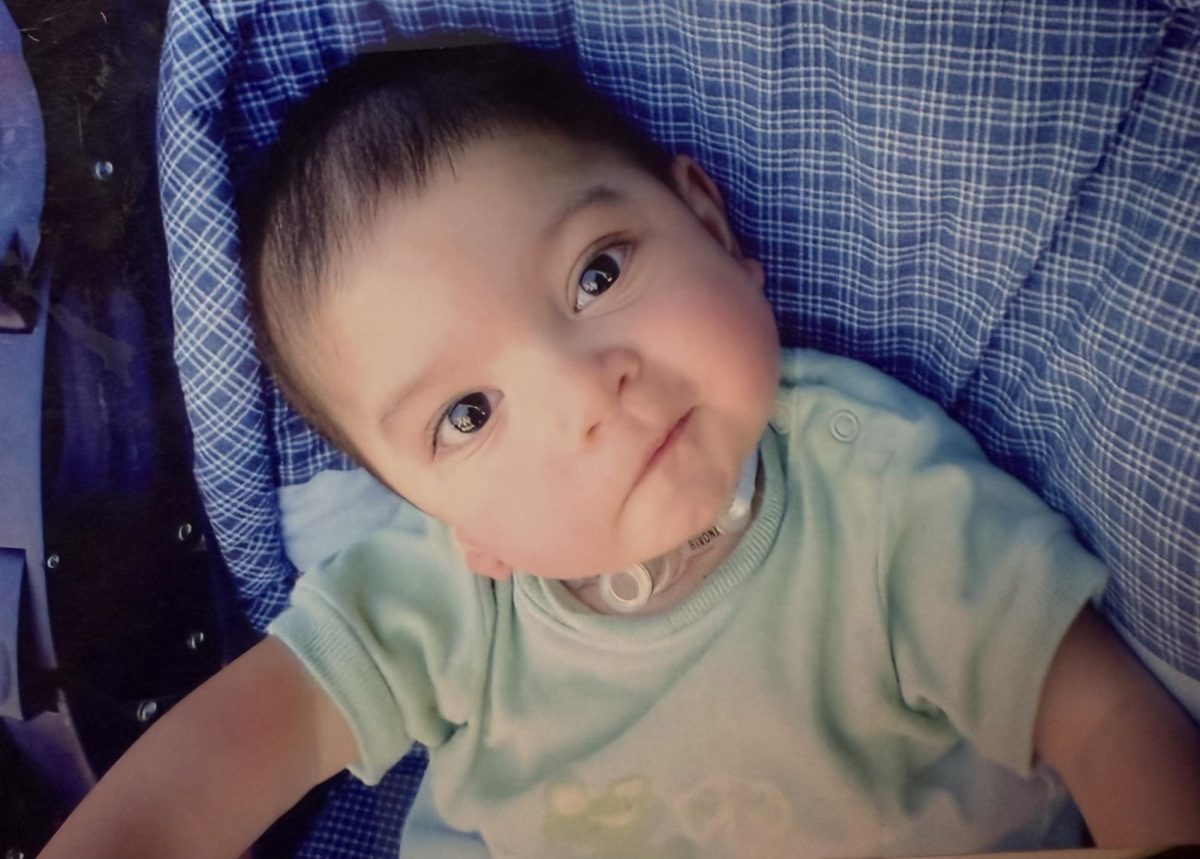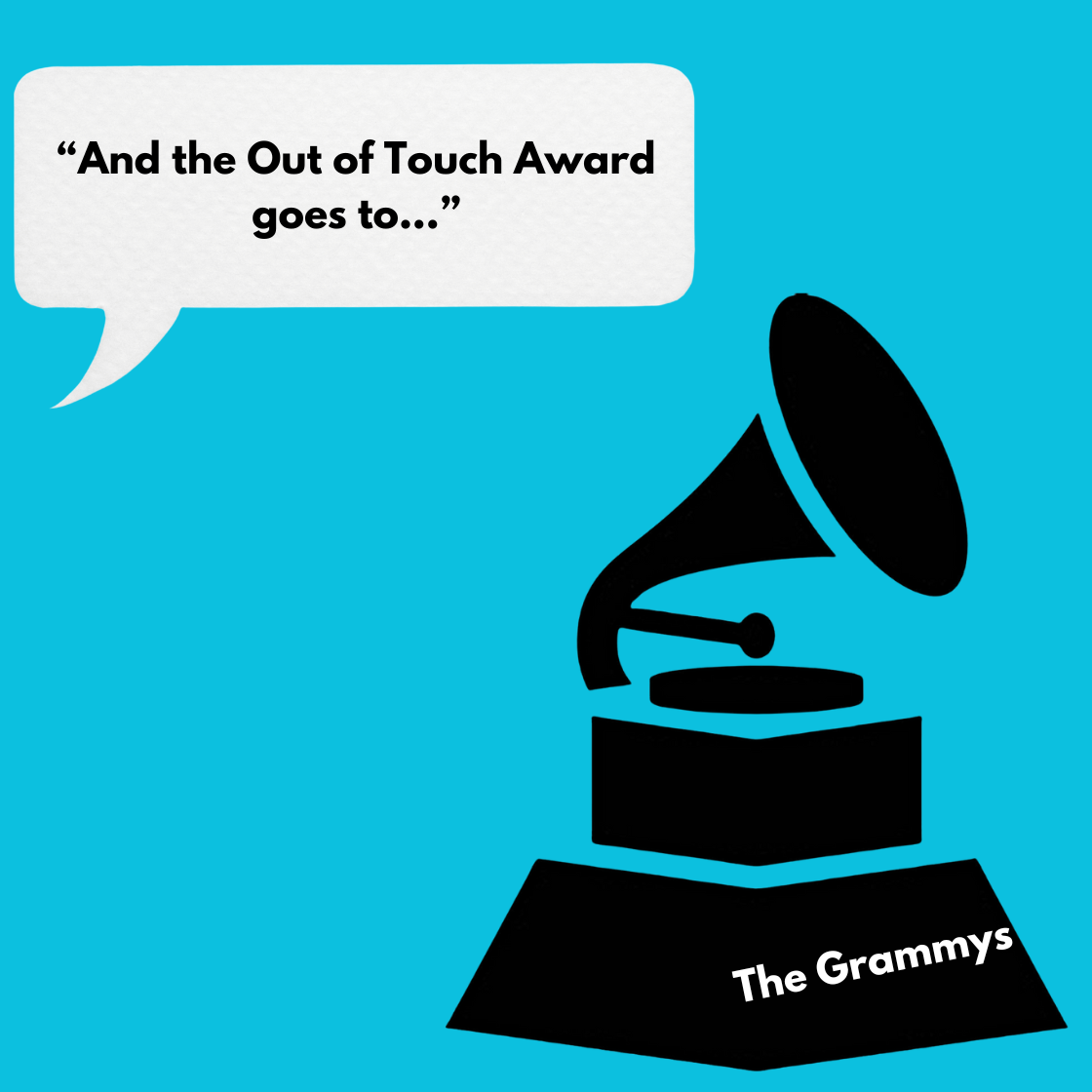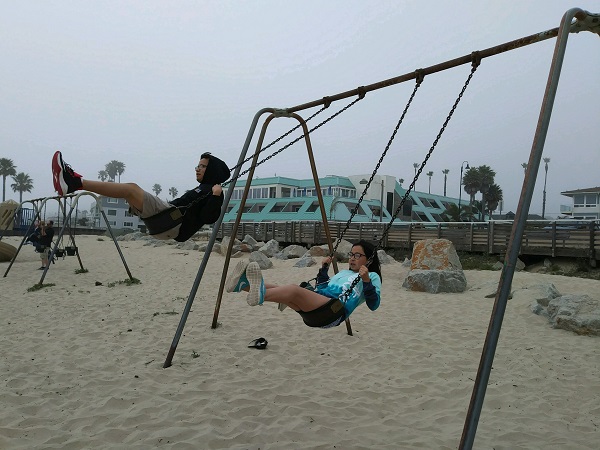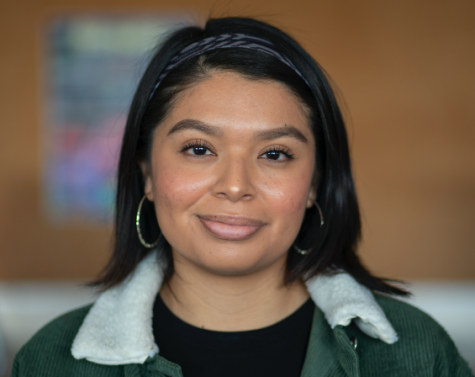Oscar Hernandez, my dad, was a “corn man.”
Street vending was his only job since he immigrated to the United States in February 2004. Every day, he’d wake up at 5 a.m. to get the best corn at the central market in Downtown L.A.
I don’t recall a single weekend he stayed home with us. I knew it wasn’t because he wanted to work but because he had to. Weekends were best for sales.
It was a family business. We all pitched in, helping cook the corn and cleaning the dishes at the end of the day.
It was never easy but I never imagined things could get worse.
My dad is one of about 50,000 street vendors in Los Angeles, according a 2015 report by the Economic Roundtable, a nonprofit research organization. The report also notes, “Street vending is a $504 million industry in Los Angeles.”
I was home with my mom, Araceli, and my 1-year-old brother when she received the call.
“Where are you? How did it happen? Are you okay?” my mom frantically spoke into the phone, as I listened, my stomach in knots.
“I don’t know where I am. I got robbed and I’m okay,” my dad said on the other end of the line, unsure of where he was.
Finally, someone told him he was at Norwalk Community Hospital. Ready with a pen and paper, my mom scribbled out directions. Now to find a ride.
One by one, she called family members. No one picked up.
“I keep calling your godfather but he doesn’t answer,” she told me.
I still didn’t know what was going on, but I was more scared than I’ve ever been.
My mom decided to try her brother-in-law: “Let me call Angel. I need someone to help me out.”
As he left work to pick her up, my mother walked my brother and I to my aunt Maria’s house. The two blocks felt like miles.
Eventually, we learned what had led my father to the hospital.
He had been walking toward his chocolate brown van to load his cart when he sensed someone jumping over the wall. A man with a black hoodie and jeans approached him, saying “Dame tu dinero.” “Give me your money.”
The man pulled out a gun, leading my dad to step back. It wasn’t far enough: The man struck him in the face with the pistol, breaking his nose.
Another man held him as the one with the gun “hit me three more times in the head,” busting it open, my dad recalled. “From there on I was unable to do anything.”
Police arrived at 6:12 p.m., according to the police report, a faded piece of paper dated July 20, 2009.
“Upon my arrival, I saw a Hispanic male who was sitting on the east curb line of Paddison Avenue who was bleeding profusely from the bridge of the nose and forehead,” Officer Thomas Morean wrote in it.
Even through the shock of the attack, my father realized he knew the men.
“These people would regularly buy from me. Just one day, I don’t know if they were on drugs or I don’t know what happened. As I was walking out of the apartments, they were already waiting for me,” my father recounted.
“When we got [to the hospital] we asked for him and nurse took us where he was and when I saw him. His face was destroyed,” my mom said, the pain of the memory washing over her.
She recalls how hard the healing process was. My father would wake up in the middle of night, scared and unable to breath. It took about a year for him to recover.
As a 12-year-old, to see my father, who is my hero, be broken not only physically but emotionally will forever be one of my worst experiences in life.
The situation at home grew more stressful as my dad was unable to work for three months due to the injuries.
After the incident, my dad was scared to go back onto the streets and we were even more terrified about the prospect.
So he took on an extremely low-wage carpet-cleaning job that barely covered our living expenses.
In 2011, he decided to go back to street vending.
He knew he could do it well – and more importantly, without a work permit.
When I was younger, I remember clinging onto my father’s leg so I could have more time with him before he went to work. After he was forced to return to the streets, there were many times I wanted to cling to him and not let him go because I was so scared of something happening to him. I remember feeling thankful my brother didn’t have the same fears since he had been a baby during the attack.
My dad went back to the streets for another six years.
A year later, customers encouraged him to cater for private events. As he took up catering, he realized he could branch out his business. Once he saved enough money from catering while also still street vending, he bought his first taco setting, which consists of a table, containers for the vegetables and salsas, a tablecloth and the stand, which was the most expensive.
It has given him the opportunity to stay out of the streets and spend more time with his family.
Now, as a 21-year-old, I’m a bigger part of the business and am thankful for the opportunities it has afforded us – including allowing us to pay for my college education so that someday, I’ll have more options in life than my parents did.
Community News reporters are enrolled in JOUR 3910 – University Times. They produce stories about under-covered neighborhoods and small cities on the Eastside and South Los Angeles. Please email feedback, corrections and story tips to UTCommunityNews@gmail.com.

